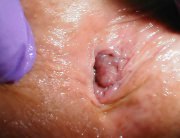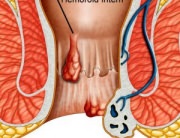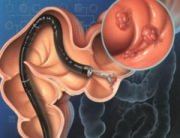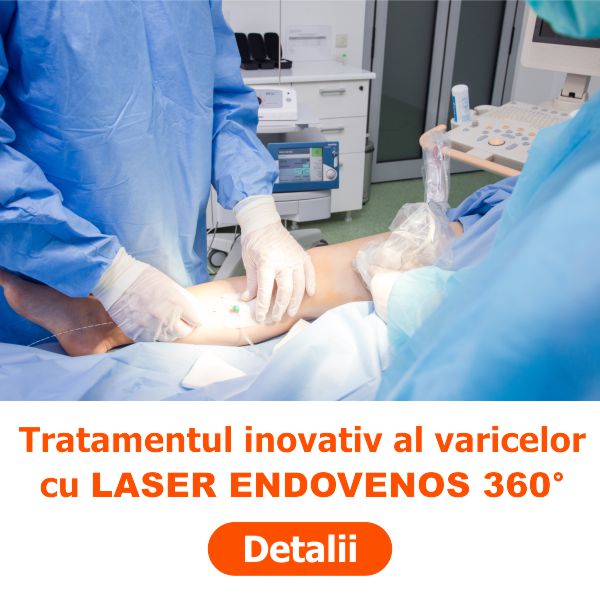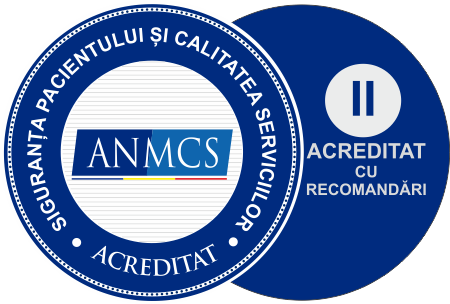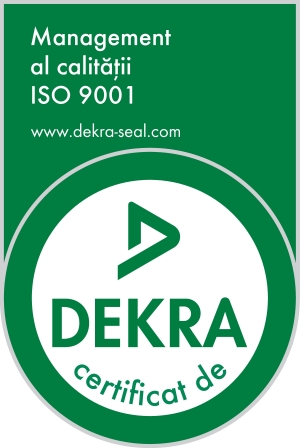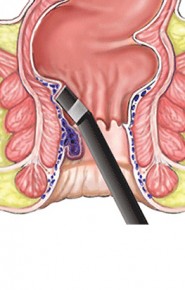 IR Haemorrhoid Coagulation (also referred to as coagulation therapy) is a medical procedure used to treat small- and medium-sized haemorrhoids. During the procedure, the doctor uses a device that generates an IR beam.
IR Haemorrhoid Coagulation (also referred to as coagulation therapy) is a medical procedure used to treat small- and medium-sized haemorrhoids. During the procedure, the doctor uses a device that generates an IR beam.
The heat generated by the IR beam causes the tissue to scar, which helps stop the blood flow towards the haemorrhoid. The haemorrhoid disappears, and the scar formed on the anal canal prevents the swelling of the anal canal vessels. Only one haemorrhoid can be treated per session. The other haemorrhoids may be treated after 10-14 days.
IR photocoagulation is performed in a medical clinic. You might feel burning and slight pain during the procedure. After the procedure, you might feel fullness in the lower abdomen or a fake defecation sensation.
What to Expect After the Treatment:
Anal bleeding may persist for 7-10 days after the procedure, when the haemorrhoid falls off. The bleeding is light and it usually stops by itself.
You can use light anti-inflammatory drugs and 15-minute warm baths to alleviate the discomfort. In order to reduce the bleeding risk, avoid aspirin or other nonsteroidal anti-inflammatory drugs (NSAIDs) for 4-5 days before and after the IR coagulation treatment. Physicians recommend the use of fibre-content laxatives in order to facilitate defecation. The pressure during defecation may cause haemorrhoid relapse.
The Necessity of The Treatment:
Physicians recommend coagulation therapy if small haemorrhoids persist after the home treatment.
Treatment Efficiency:
IR coagulation is efficient in 7 up to 10 cases out of 10, but the improvement can be short-lived, approximately 2 out of 10 people requiring surgery.
Risks:
IR coagulation risks include:
- low intensity pain during the procedure;
- light anal bleeding;
- anal area infections (extremely rare);
- urinary retention;
Remarks:
The success of the IR coagulation treatments largely depends upon the physician’s experience and upon the patients’ ability to change their dietary and hygiene practices to facilitate defecation. IR coagulation is costly, but it is, however, cheaper than the surgical intervention, which involves, from starters, hospital admission and a medical leave.



